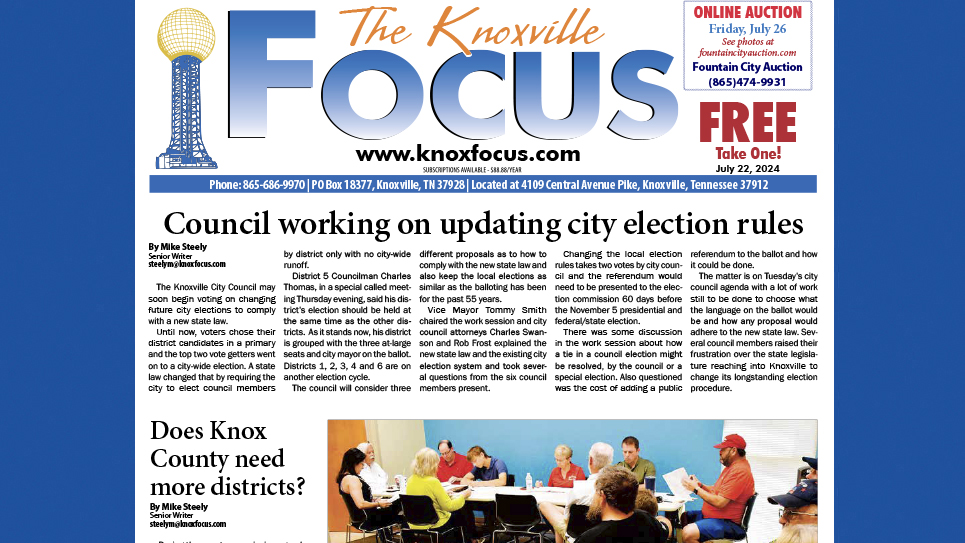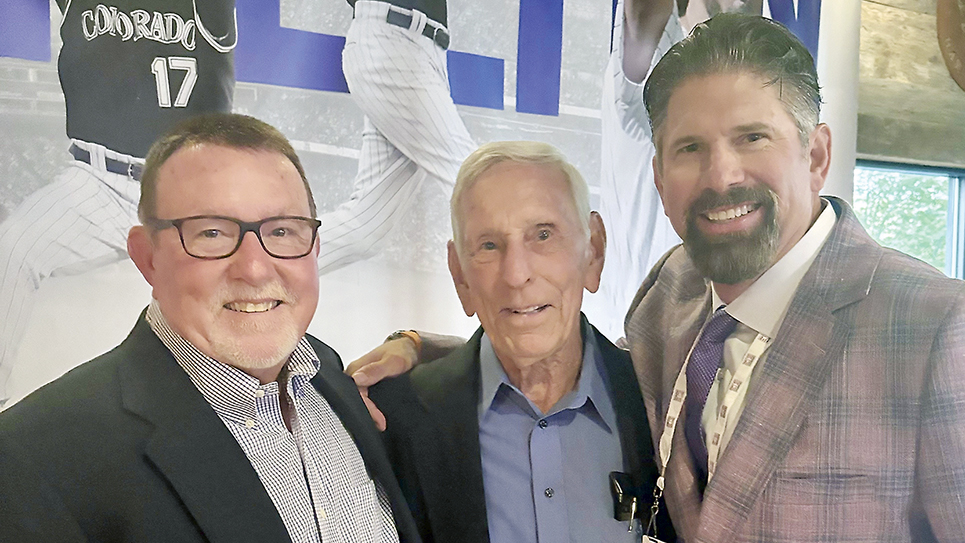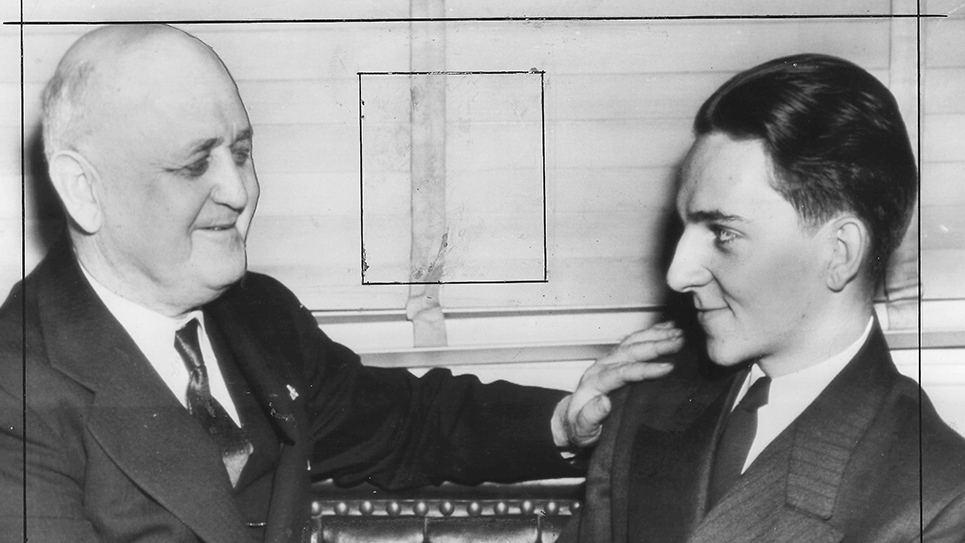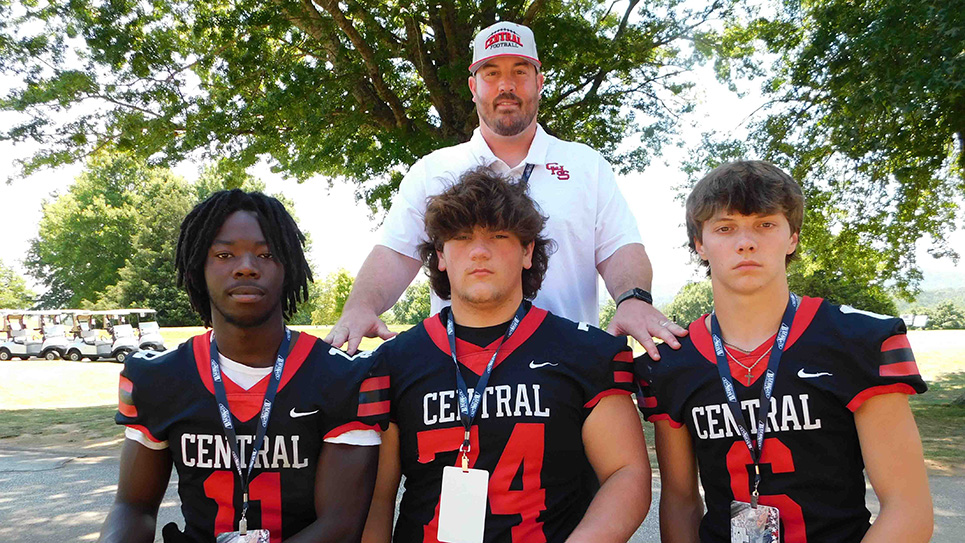By Joe Rector
Are you tired of hearing how terrible 2020 was with the appearance of COVID-19? I might agree with folks if we hadn’t already had 3.2 million cases and 573,000 deaths—so far. For those who have suffered through the disease or who have lost loved ones and friends, nothing can ever erase the tragedies of the past months.
With that said, not all has been bad. I watched a documentary the other night about the effects the disease has had on the earth. They have been more positive. For one thing, the lockdowns around the world have impacted the air. According to the show, the amount of carbon emissions in 2020 decreased by 7 percent from 2019. Los Angeles skies were clear, an amazing change for the area. In India, for the first time in most people’s lives, the Himalayan Mountains were visible from their windows. We’ll see if this year’s measurements point to a consistent drop.
On the beaches, turtles laid their eggs without interference of humans. More babies survived than at any other recent time. Penguins in South Africa have been chased from the beaches by swarms of humans. They needed to leave their vulnerable young inland while walking to the ocean to hunt for food all day. Then the penguins come home to feed small ones who eat 1/3 of their weight each day. With humans locked down, the waddling creatures moved back to the beaches and their lives were much easier with their youngsters closer to them.
In cities and communities, wildlife appeared along streets and in yards. A group of deer walked back to old feeding grounds that had been gobbled up by development. Impalas ate from trees. In one place, cheetahs staked their claims to deserted territories. In fact, the number of cubs who survived increased with humans staying away. Elephants invaded villages in Asia to eat humans’ garden plants. To stop the onslaught, villagers decided to plant acres of rice on which the large animals could feast. The plan worked and helped both man and beast live.
I watched these animals roam city streets and communities and thought of how terribly we have treated them. Even here in Knoxville, developers devour parcels of land, strip the natural habitats of wildlife, and cram 5 houses per acre. Those animals have no place to go other than into communities to search for food. Where are animals supposed to live and find food? No wonder so many animals lay dead on roadsides after the sun comes up.
That documentary showed me just how destructive we humans are. Our desire for gasoline and plastic and land have led to the pollution of our world. Earth chokes and wheezes as it tries to keep its lungs free of crud. If we don’t do something soon, wildlife and the planet itself might lose their battles and their lives. We have a choice: clean our planet up or be known throughout the universe as the virus that destroyed a planet. Think how similar we are to the very virus that plagues us. However, we also are the answer to survival, if only we can live a bit more like we have for the past year.






